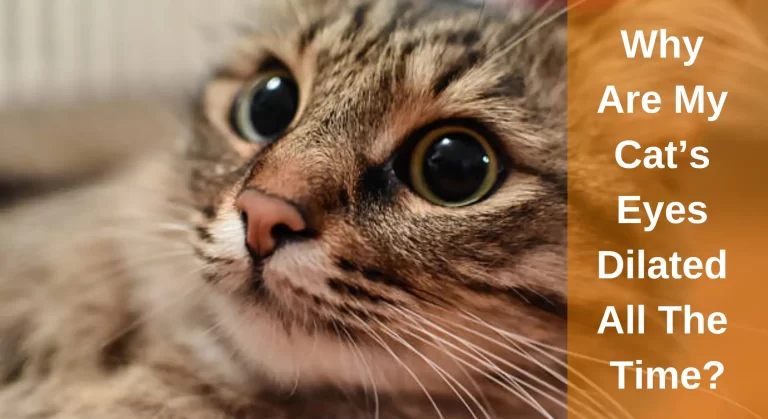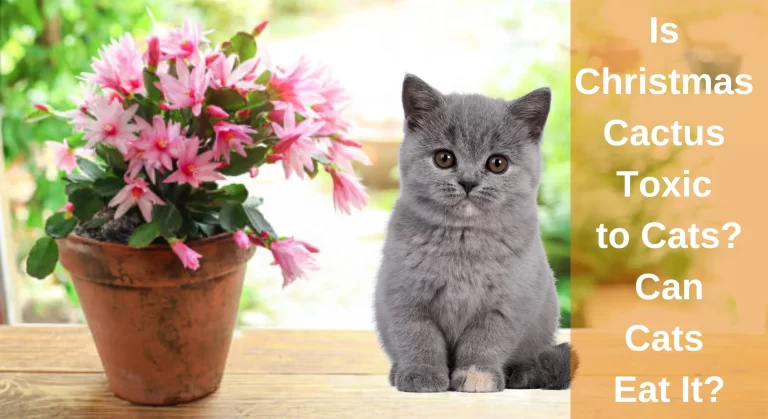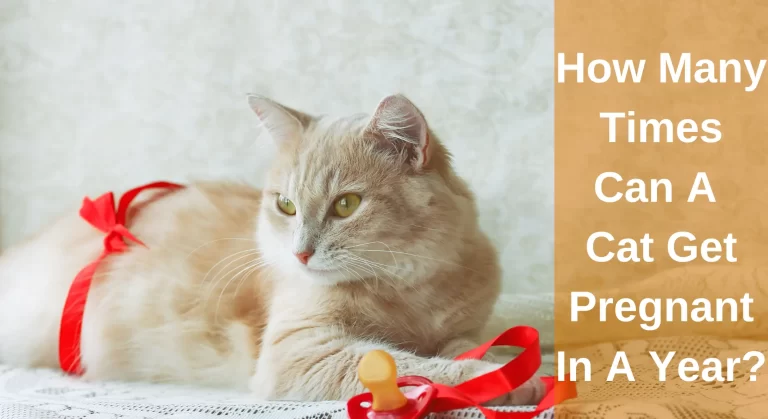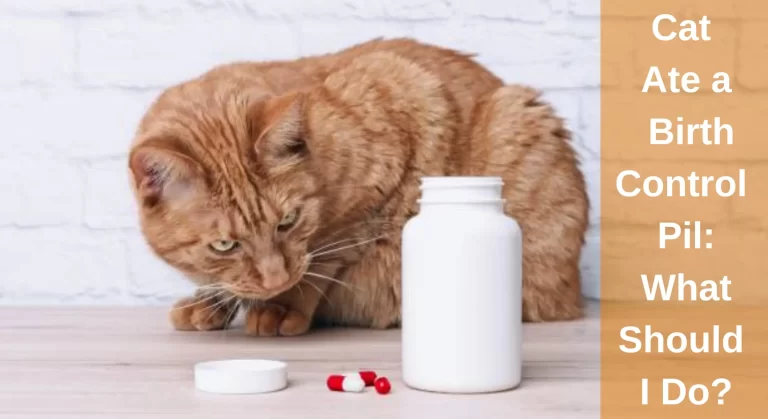Can Cats Get Infected by Covid 19? Things to Watch Out
Covid-19 in felines
Worldwide, the COVID-19 virus has infected cats and dogs, mainly as a result of close contact with COVID-19 patients. There is a tiny possibility that pets might spread COVID-19 to people. Given the rising number of COVID-19 cases in the US, you might be worried about passing the illness on to your treasured pets. The COVID-19 coronavirus/ SARS-COV-2 hardly ever causes serious sickness in cats. However, they do seem to be more likely to contract it than other types of pets.
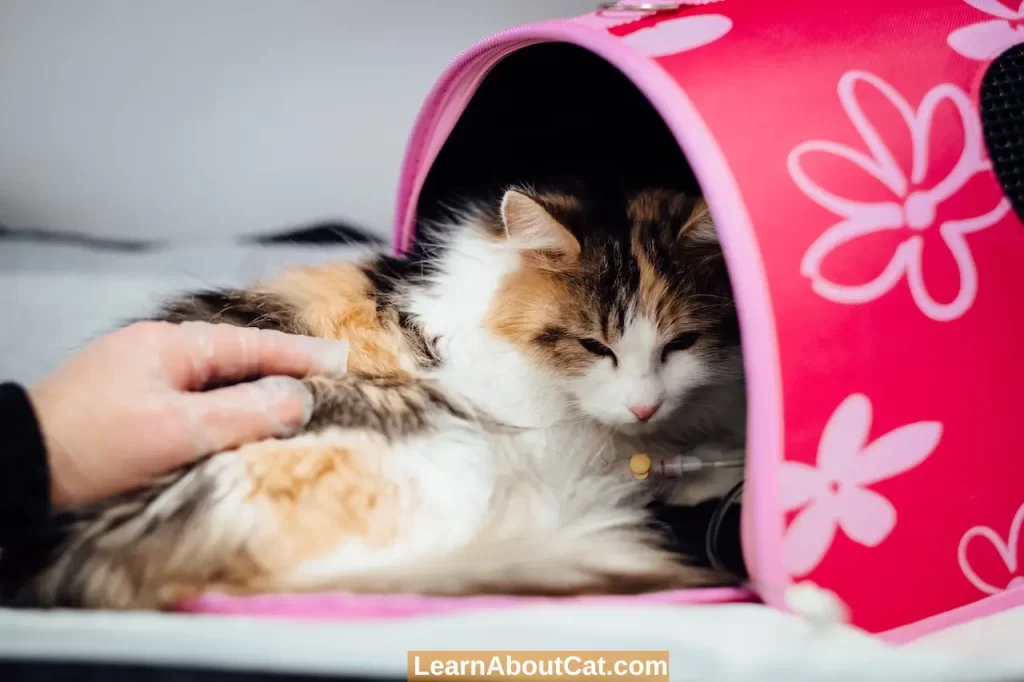
What are the Symptoms and Signs of Cat COVID-19?
The majority of COVID-19 cases in felines are mild or asymptomatic. Cats commonly experience digestive and respiratory problems, much like people do. The following symptoms are listed by the Centres for Disease Control and Prevention (CDC) as potential COVID-19 signs in cats:
- Fever (over 102.5 F)
- Nausea or diarrhoea
- Inadequate energy
- Eyes are leaking tears
- Coughing or sneezing and breathing problems
- Congested nose
How is COVID-19 Transmitted to Cats?
Cats catch COVID-19 by eating virus particles through their mouths or noses, much as people do. Transmission in felines is primarily airborne, similar to human transmission, though it may also be brought on by contaminated food and water bowls, among other things. People are the primary source of infection for cats, despite the fact that they can get the sickness from other cats.
Despite the fact that cat owners like petting their cats physically, this close contact may make it easier for virus particles to move from one host to another. There might be an issue if you kiss, embrace, or allow your cat to lick you.
Can Cats Transmit COVID-19?
Cats can transmit the illness to other domestic cats. However, cats that were infected in cat-to-cat transmission studies frequently had subclinical diseases. In a multi-cat home, you can slow the rate of transmission by isolating the afflicted cat. Research has shown that feral cats at two distinct mink farms contributed to the COVID-19 epidemic, suggesting the possibility of interspecies transmission.
It is quite unlikely that cats might transfer the illness to people due to two reasons. Cats that contract the virus only temporarily shed viral particles.
One of the several coronaviruses that may infect animals is SARS-CoV-2. It differs from the feline coronavirus, a cat virus that often causes mild diarrhoea. There is no connection whatsoever between this new virus and the alphacoronavirus feline coronavirus. In other words, COVID-19 is caused by a virus that is genetically very different from feline coronavirus.
COVID-19 cannot be brought on by a feline coronavirus infection. If it spreads among cats, though, there’s a chance that it might develop into a rare illness called feline infectious peritonitis (FIP).
How About Other Animals?
115 domestic cats, compared to 81 dogs and 1 pet ferret, were found to have COVID-19 according to global statistics from February 2021. As a result of the rarity of pet testing, this figure is very certainly an underestimate.
Cats are more likely than dogs to have COVID-19, according to a 2020 study. Researchers examined 603 canines and 316 cats from various regions of Italy. They observed that 5.8 per cent of cats and 3.3% of dogs had measurable antibody levels. Cats may have stronger immune systems than dogs because they developed more antibodies than dogs.
What to Do if You Suspect Your Cat may be Infected with COVID-19?
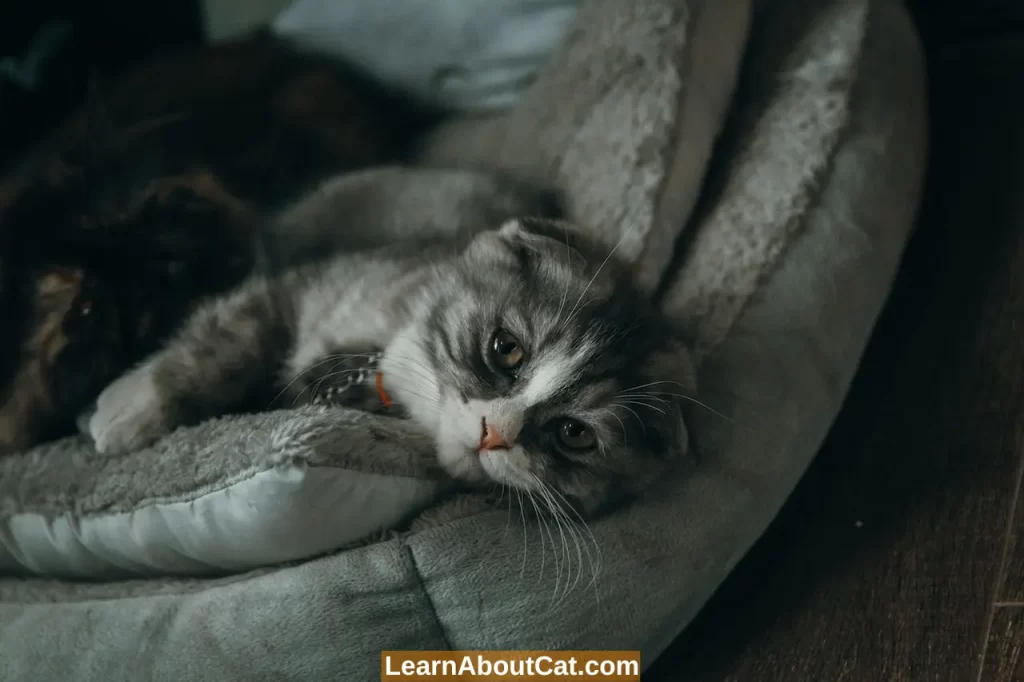
If your cat exhibits COVID-19 signs, get guidance from your vet. Many veterinary facilities provide telemedicine consultations when necessary. The validation of your cat’s symptoms by a veterinarian usually doesn’t require a COVID-19 test. Cats and dogs are rarely tested for COVID-19. Your veterinarian will consult with state representatives to discuss the following steps if a test is required.
The Centres for Disease Control and Prevention CDC suggests that you take the following actions while you care for a sick cat.
- Don’t keep your cat confined to a single room in the house (much as you would if you were taking care of a sick person).
- Do keep track of your pet’s symptoms, and notify your vet if anything changes with their health.
- Don’t allow your sick cat to go outside, even if it typically lives outside.
- Don’t put a mask over your cat. You can get breathing issues if you do it.
- Never try to clean your cat’s fur with hand sanitiser, hydrogen peroxide, or any other chemical cleaner. Ask your veterinarian for extra guidance if you need it.
How to Keep Your cat Safe if You have COVID-19
If you have COVID-19, keep your distance from your cat, as difficult as it may seem. If you can, delegate cat care to someone else until your symptoms subside. This will allow you to unwind while your cat receives top-notch care. Even if you can’t arrange for pet care, there are still ways you can lessen the risk of transmission. Be cautious to maintain exceptional cleanliness to preserve your kitty.
- The wearing of a mask around your cat.
- Before stroking your cat, fully washes your hands.
- Using gloves and a mask, cleaning the litter boxes.
- Locking garbage cans so that your cat can’t get expired food or tissues.
- Washing the toys, blankets, and dishes.
- By taking these simple precautions, you may dramatically lower the possibility that your cat will contract COVID-19.
The Bottom Line on Can Cats Get Infected by Covid 19
Despite there being no evidence to support it, you can infect your pet with COVID-19. If you can, keep yourself apart if you’re not feeling well. Use a mask and gloves to care for your cat if you are unable to keep yourself apart from it. These safety precautions can reduce their chance of contracting an illness. COVID-19.
The majority of cats only exhibit modest symptoms, thus they are most likely not in danger. Your veterinarian may provide you with further details on diagnosing and treating your cat’s symptoms at home.
Who is Isabella?
My name is Isabella, and I am a dedicated and knowledgeable cat enthusiast. With years of experience caring for cats and a deep love for felines, I made a mission to help other cat lovers navigate the challenges of cat ownership.

